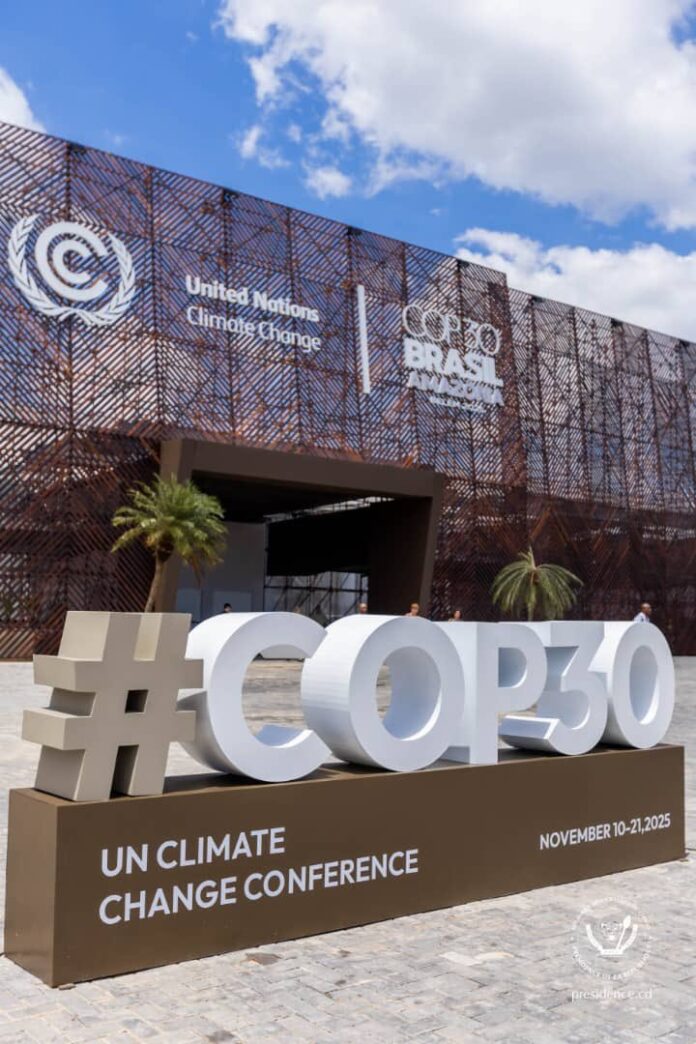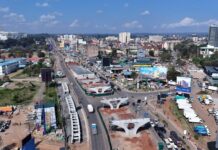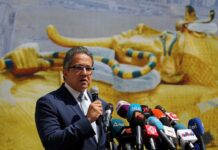By Were Kelly |
The United Nations COP30 climate summit opened in Belém, Brazil, on Thursday under a cloud of diplomatic absence, as a record low number of world leaders gathered to confront an escalating planetary crisis.
The high-level Leaders’ Summit, which runs from November 6 to 7, has drawn confirmed attendance from fewer than 60 heads of state, the poorest showing since COP25 in 2019 and a stark drop from the 150 who attended COP28.
This leadership vacuum, attributed to global economic turmoil and the United States’ formal withdrawal from the Paris Agreement, has cast a shadow over the “nature COP” hosted in the heart of the Amazon rainforest.
Against this backdrop of empty chairs, the European Union and host nation Brazil are attempting to project unwavering resolve. The EU Council, having approved robust conclusions in October reinforcing its 1.5°C commitment, confirmed that its climate finance contributions reached a record €27 billion in 2024.
Meanwhile, Brazilian President Luiz Inácio Lula da Silva is championing an ambitious “Action Agenda” designed to align national climate commitments with stringent transparency and accountability mechanisms. The summit’s core tasks include driving progress on updated Nationally Determined Contributions (NDCs), securing tangible steps on the finance roadmap established at COP29, and funding a just transition to clean energy.
The significance of the low turnout is not merely symbolic. With only 69 major economies, representing 61% of global emissions, having submitted enhanced NDCs ahead of the deadline, current pledges project a mere 10% cut in emissions by 2030. Scientific consensus dictates that a 60% reduction is necessary to keep the 1.5°C goal within reach. “The empty chairs in Belém speak louder than the speeches,” lamented a senior UN diplomat speaking on condition of anonymity. “This is a catastrophic failure of leadership when the world is burning.”
In response to the absent parties, notably the United States, other blocs are striving to fill the void. The EU has positioned itself as the de facto leader on climate finance and mitigation. “Our €27 billion pledge demonstrates that Europe is not wavering,” stated the EU Environment Commissioner. “We are setting the benchmark for climate finance and challenging others to match our ambition.”
Concurrently, Brazil is leveraging its role as host to rally developing nations and push for concrete outcomes on forest conservation, methane reductions, and climate justice. A Brazilian government spokesperson countered the narrative of failure, asserting, “COP30 is not about who is absent, but about what we can achieve. We are building a coalition of those willing to deliver an Action Agenda that moves from promises to progress.”
The success of the summit now hinges on the ability of this “coalition of the willing” to forge agreements that can withstand the lack of broad geopolitical consensus. Key metrics for success will include tangible progress on the Just Transition Work Programme, the finalisation of Global Goal on Adaptation indicators, and a clear pathway to operationalise the billions in annual climate finance previously pledged. As negotiations begin in earnest, the challenge for diplomats in Belém is to prove that multilateral climate action can survive in an increasingly fragmented and distracted world.



















